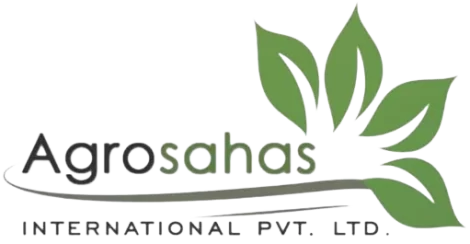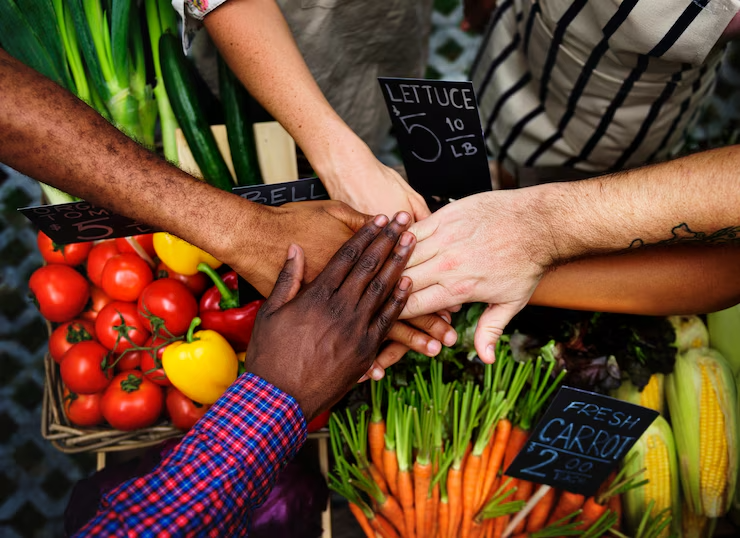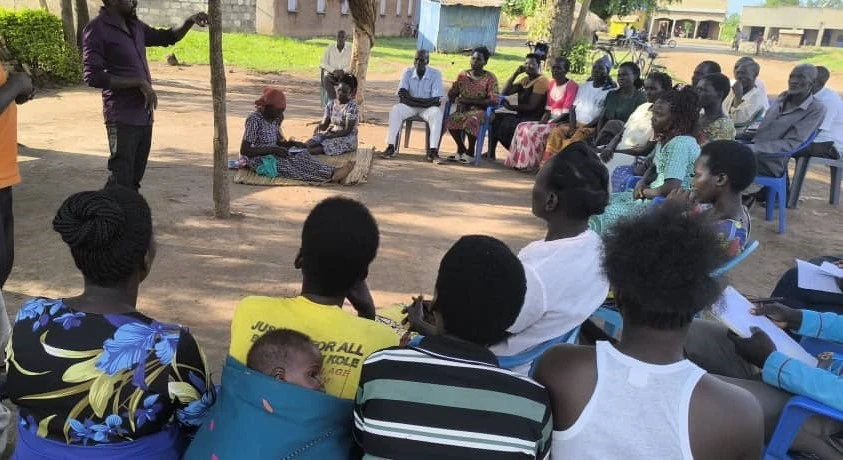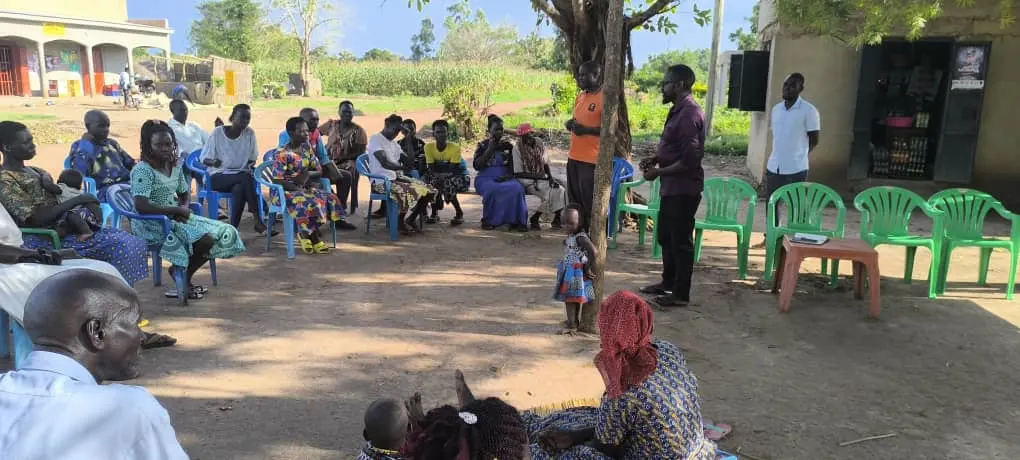Inclusive value chains are a crucial component in promoting fairness and equity in agriculture. At Agrosahas International PVT LTD, we are dedicated to fostering inclusive value chains that benefit our beneficiaries, particularly smallholder farmers and local communities. This blog explores the concept of inclusive value chains, their significance, and how Agrosahas implements strategies to ensure equitable growth and development.
What is meant by inclusive value chains?
Inclusive value chains involve the integration of marginalized groups, such as smallholder farmers, into the mainstream agricultural economy. These chains aim to ensure that all participants, regardless of size or socio-economic status, benefit equitably from agricultural activities. Inclusive value chains focus on providing access to markets, improving productivity, and ensuring fair compensation for all stakeholders.
The Importance of Inclusive Value Chains
Inclusive value chains are vital for several reasons:
- Economic Empowerment: By integrating smallholder farmers into the value chain, they gain access to larger markets and better prices, enhancing their income and livelihood.
- Social Equity: Inclusive value chains promote social equity by ensuring that marginalized groups have equal opportunities to participate and benefit from agricultural activities.
- Sustainable Development: These chains contribute to sustainable development by promoting practices that are environmentally friendly and socially responsible.
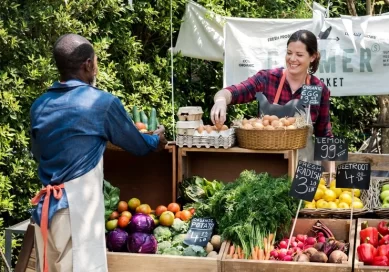
Agrosahas’ Approach to Inclusive Value Chains
At Agrosahas, we implement several strategies to ensure that our value chains are inclusive and equitable:
1. Capacity Building and Training
We provide training programs to equip smallholder farmers with the necessary skills and knowledge to improve their productivity and quality of produce. This includes training on sustainable farming practices, financial literacy, and market trends.
2. Market Access and Linkages
Agrosahas facilitates market access by connecting smallholder farmers to local and international markets. We create linkages with buyers, processors, and retailers to ensure that our beneficiaries can sell their produce at fair prices.
3. Fair Trade Practices
We adhere to fair trade principles to ensure that all stakeholders in the value chain are compensated fairly for their contributions. This includes setting fair prices for produce, timely payments, and ensuring transparency in transactions.
4. Financial Support and Microcredit
Access to finance is a significant barrier for smallholder farmers. Agrosahas provides financial support and microcredit facilities to help farmers invest in better inputs, technology, and infrastructure, thereby improving their productivity and income.
5. Sustainable Practices
We promote sustainable agricultural practices that not only improve productivity but also protect the environment. This includes the use of organic fertilizers, water conservation techniques, and crop diversification.
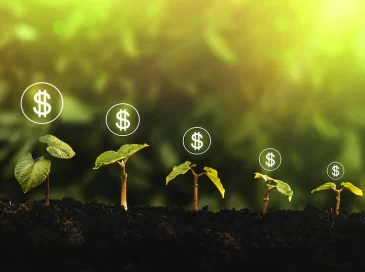
The Impact of Inclusive Value Chains
Implementing inclusive value chains has several positive impacts on smallholder farmers and local communities:
Improved Livelihoods
By gaining access to better markets and receiving fair compensation, smallholder farmers can improve their livelihoods. This leads to better living standards, increased savings, and the ability to invest in education and healthcare.
Economic Growth
Inclusive value chains contribute to local economic growth by creating jobs and increasing the flow of income within communities. This stimulates local businesses and promotes overall economic development.
Social Equity
Inclusive value chains reduce inequalities by providing marginalized groups with equal opportunities to participate in and benefit from agricultural activities. This promotes social cohesion and reduces poverty levels.
Environmental Sustainability
By promoting sustainable agricultural practices, inclusive value chains help protect the environment. This ensures that farming remains viable for future generations and contributes to the overall health of the ecosystem.

Challenges and Solutions
While the benefits of inclusive value chains are significant, there are challenges that need to be addressed:
1. Access to Information
Many smallholder farmers lack access to information on market trends, prices, and best practices. Agrosahas addresses this by providing regular training sessions and creating information-sharing platforms.
2. Infrastructure
Inadequate infrastructure, such as roads and storage facilities, can hinder market access. Agrosahas works with local governments and development partners to improve infrastructure and reduce these barriers.
3. Financial Constraints
Limited access to finance is a major challenge. By offering microcredit and financial support, Agrosahas helps farmers invest in necessary inputs and technologies.
4. Market Fluctuations
Market fluctuations can impact the stability of value chains. Agrosahas mitigates this risk by establishing long-term contracts with buyers and promoting crop diversification to reduce dependency on a single market.
Conclusion
Inclusive value chains are essential for promoting fairness and equity in agriculture. At Agrosahas International PVT LTD, we are committed to implementing strategies that ensure all stakeholders, particularly smallholder farmers, benefit equitably from agricultural activities. By focusing on capacity building, market access, fair trade practices, and sustainable farming, we aim to create a more inclusive and sustainable agricultural sector.
Through these efforts, Agrosahas not only improves the livelihoods of our beneficiaries but also contributes to broader economic growth, social equity, and environmental sustainability. Our commitment to inclusive value chains underscores our dedication to fostering a fair and equitable agricultural ecosystem for all.
